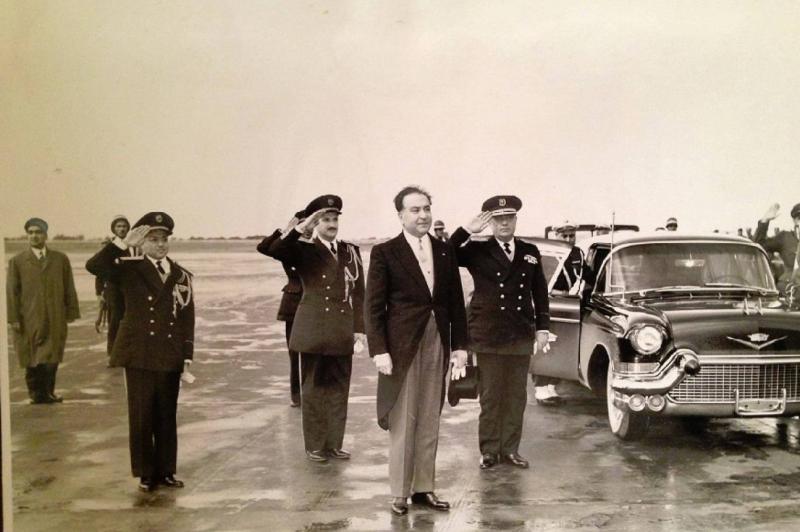From Iraq to Lebanon, the dates converge and events intersect, but only the names differ to the extent that one can describe the modern history of the two countries—since their establishment over a century ago—as a shared history of two states, or two common histories of one country. If any thinker wished to simply replace the name Iraq with Lebanon in Professor Hazem Saghieh's article titled "As If Iraq Were Being Founded from Scratch," published in this newspaper on June 2nd, they would find little need except to change the names of the actors, making the quote appear as if it were about Lebanon in its heavy past and difficult present.
In both Iraqi and Lebanese cases, there are entities or parties that have made and continue to make significant efforts to deny or monopolize geographical and demographic formations. They do not hesitate at every intersection, or whenever they sense increased strength, to tamper with the foundational identity of the two entities, which were hastily formed under colonialism and then failed by the modern national state to cement it—either due to some dysfunction causing fragmentation in their narratives or as a result of military coups, as in Iraq, or in defense of sectarian privileges, as in Lebanon.
In the end, the paradox is that the events of 1958, which coincided with the fall of the monarchy in Iraq, led in Lebanon to the transfer of power from the Lebanese political elite to a military figure, the late President Fouad Chehab, who succeeded in securing the state while maintaining a high degree of its civil institutions, but he relied on his generals to manage it.
Fouad Chehab, with his merits and shortcomings, and despite the influence of his security apparatus, deserves credit for establishing the state's institutions. His critics, both implicitly and then explicitly, rejected his bold steps towards integrating sects and expanding their partnership. The Chehab era came as a response to the first mini civil war, known as the "Events of 1958," which served as an early warning of a broader civil war that occurred in 1975, due to the Lebanese right's insistence on its privileges and use of force to maintain them, while the left found it easier to confront and attempted to seize power by force as well.
With the coup of July 14, Iraq entered a bloody phase of its history that continues to this day, initiated by General Abdul Karim Qasim, who opened the door for the Ba'ath party, which overthrew him in a more bloody coup, leaving only to a more atrocious occupation, the repercussions of which—identity, cultural, social, and political—still persist. Iraq was handed over to a political elite that specializes in dismantling the state, caring for sub-identities, obliterating the history of all who preceded them, engaging in internal wars, and creating external mischief by proxy.
In describing the Iraqi situation, Hazem Saghieh states, "Naturally, the obsession with truth or loyalty to objective history is the last thing that concerns the quarreling parties. If sectarian or ethnic popular consciousness leads the way in these squabbles, the responsibility of the party seeking hegemony far exceeds the responsibility of the parties attempting to repel it."
In Lebanon, the party seeking hegemony does not cease its attempts to rewrite history according to its conditions; it denies the establishment of the entity and tries to reset it, holding colonialism accountable for what it considers marginalization over a century ago, bypassing the Taif Agreement and the principle of power-sharing, resorting to demands for counts when faced with demographic crises or the threat of show of excess force whenever it is cornered by the "formula." It does not hesitate to suspend the constitution and drain the state’s institutions, monopolizing national identity and fabricating new foundational dates to attribute their achievements solely to itself.
From the coup against the Chehabite regime that began in 1970 with the rise of the late President Suleiman Franjieh, through the end of the civil war and the assassination of President Rafik Hariri, up to the October uprising, the division around a unified history book, identity, the constitution, and institutions remains intense, and the ruling elites are still under the influence of consuls, external projects, and domination over the state.




